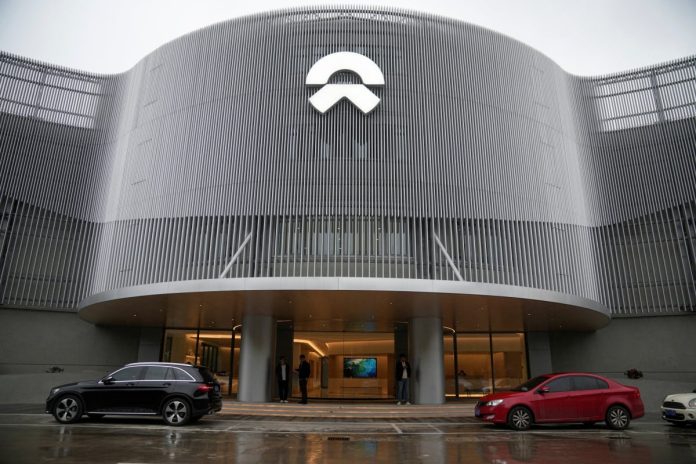Chinese electric carmaker Nio has cut 10 per cent of its employees in a bid to slash costs, boost efficiency and stay competitive in a market where 60 per cent of all new vehicles will be electric by 2030. The move was announced on by William Li Bin, founder, chairman and chief executive of Nio, who described the lay-offs as “a tough but necessary decision” amid fierce competition in the world’s largest electric vehicle (EV) market, according to an internal letter seen by the South China Morning Post.
The Shanghai-based company had a workforce of about 7,000 at the end of 2022, according to data from corporate registry website Qichacha. Li said Nio’s operational efficiency must be further enhanced to “win the ticket to the final games” ahead in a market that already accounts for 60 per cent of the global EV industry. The EV start-up’s lay-offs reflect its effort to stay afloat amid escalating competition in the domestic market and rising losses. The company said it plans to cut spending on projects that are not expected to help boost its financial performance over the next three years, while consolidating duplicate departments and roles to streamline its organisation.
The job cuts form part of a larger organisational restructuring at Nio, based on more than 30 internal sessions conducted by the company over the past two months to prepare itself for intense domestic competition in the next two years. Nio on Saturday said its development efforts are proceeding on track and that it remains committed to competing in the EV market, according to a company statement sent to the Post.
An EV price war in China has seen a growing number of local consumers shun premium electric cars assembled by the likes of Tesla and mainland competitors such as Nio and Xpeng since late last year, as concerns heightened about job prospects and wages in a slowing economy. Although Nio has recently delivered five new EVs and seized over 40 per cent share this year in the pure battery-powered segment priced over 300,000 yuan (US$41,000), the company still missed its revenue goals, according to the internal letter. In the second quarter, Nio saw its net losses widen by 27.8 per cent year on year to 6.1 billion yuan. Revenue fell 14.8 per cent to 8.77 billion yuan.
In the third quarter, data from Nio show that it delivered 55,432 vehicles to record a 75.4 per cent year-on-year increase. In October, the company shipped 16,074 vehicles to post a 59.8 per cent year-on-year improvement. In total, Nio has delivered 126,067 EVs in the 10 months through October, up 36.3 per cent year on year, but still lagging behind its 2023 sales target of 240,000 vehicles. By comparison, Xpeng and Li Auto have delivered 101,445 and 284,647 vehicles, respectively, in the past 10 months.




















